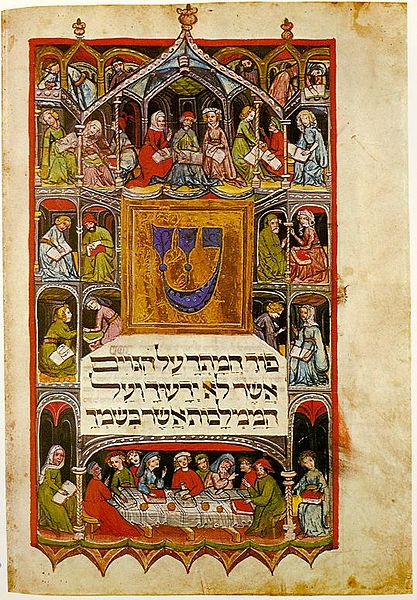Imagine the feelings of liberation that would well up inside you when you remembered something someone did that freed you. Imagine when you walk out into a fresh spring breeze after being cooped up inside, stifled after a long winter, almost forgetting what it’s like to experience the freshness in the experience of just being. Imagine if someone freed you from something so stifling that your salvation was incomprehensibly more overwhelming.
That was the Passover for the Israelites, when God freed them from the Egyptians. For the first time in their lives, they tasted what it was to be their own people. Their own, yes, not ordered about and driven through slavery by other people, but cherished and fathered by the God of the universe.
So every year since, Jews everywhere have commemorated that setting free. God saved them when His angel of death passed over Egypt in the tenth of a series of warning signs to the Pharaoh, plagues to his people. Signs that if he didn’t let God’s chosen people go free, God would act. When the Pharaoh paid no heed, the angel of death swept through and killed the firstborn son of every Egyptian family. God would spare the Israelites who ate the flesh of a lamb and spread its blood across their doorposts as a sign to the angel. Their firstborn sons would not be killed, but their salvation was more than that; it was then that Moses, God’s appointed leader, would take the people out of Egypt and lead them to freedom.
Every year, the Jews celebrate that liberation with a Passover meal. They hold the same meal that God instructed them to have that first Passover night to remind them of their salvation from the Egyptians, of their freedom.
The Haggadah is the text they read which leads them through that meal, the Seder, the commemoration of what God did for them in leading them out of Egypt. He commanded them to pass it on to their sons; so with this sacred text, they do. It reminds them that because of what God did for them, they are free.
Now we are free.
The featured image is of a 14th/15th century Haggadah.
